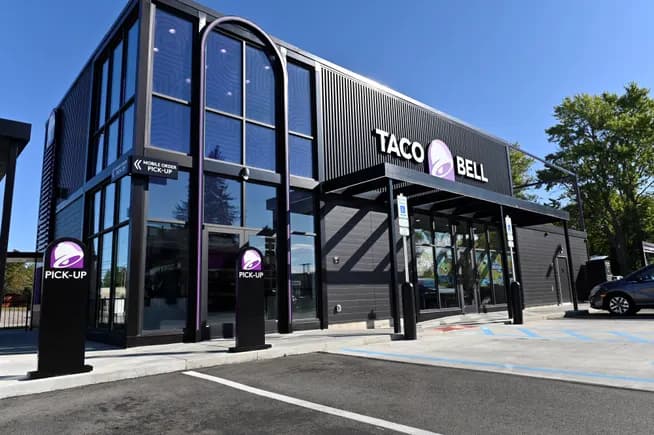Yum Brands Buys 128 Taco Bell Restaurants, Raises Worker Questions
Yum! Brands disclosed in its regulatory filing for the quarter ended Sept. 30, 2025, that it executed purchase agreements to acquire a portfolio of restaurants from franchisees, including a package of 128 Taco Bell restaurants in the United States with aggregate consideration around $670 million. The filing frames the deals as "other restaurant acquisitions" treated as "acquisitions of franchise rights," a move that could reshape local management, employment continuity, and whether units are run by franchisees or company owned operations.

Yum! Brands revealed in its quarterly regulatory disclosure that it executed purchase agreements to acquire a portfolio of restaurants from franchisees, including 128 Taco Bell restaurants in the Southeast United States. The reported aggregate purchase consideration for those Taco Bell restaurants was approximately $670 million. The company described the transactions as "other restaurant acquisitions" and said they were treated as "acquisitions of franchise rights" with associated goodwill and property considerations.
The filing says the transactions are intended to consolidate certain underperforming or strategically located units and to transition ownership to different franchise arrangements or company ownership as needed. That language signals a strategic effort by Yum to adjust its footprint and control of specific restaurants, a process that has direct implications for workers at the affected locations.
For employees, transfers from franchisee ownership to company ownership, or to new franchisees, can mean changes in local management, scheduling practices, training standards, and employment policies. While regulatory filings do not typically detail staffing decisions, such portfolio purchases often lead to operational realignments as new owners integrate units into their systems. Workers may face uncertainty about continuity of employment, changes to benefits or pay practices, and shifts in workplace culture depending on whether a restaurant becomes company operated or remains in a franchise model.
Labor advocates and local managers will be watching how Yum and the acquiring parties handle transitions, including whether there are offers to retain existing staff, commitments to existing pay rates, or investments to improve underperforming locations. For Taco Bell as a brand, consolidating ownership of targeted units could streamline corporate oversight but also concentrate decision making at higher levels, altering the dynamics between corporate leadership and frontline employees.
The regulatory disclosure does not specify timing, the identities of the selling franchisees, or detailed staffing plans. Nonetheless, the transaction is a material development for hourly and managerial employees at the affected restaurants, and it underscores the role that franchise transfers play in shaping everyday workplace conditions in quick service restaurants.

